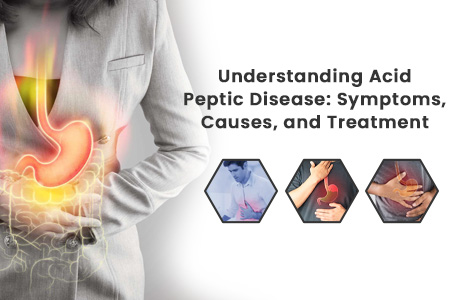
 2023-12-29
2023-12-29
Acid peptic disease, commonly known as acid reflux or heartburn, is a prevalent condition that affects people of all ages. Characterized by a burning sensation in the chest and an acidic taste in the mouth, this condition can significantly impact daily life. In this blog, we'll explore the symptoms, causes, and treatment options for acid peptic disease to provide a comprehensive understanding of this prevalent digestive issue.
Symptoms of Acid Peptic Disease:
Heartburn:
The hallmark symptom of acid peptic disease is heartburn, a burning sensation in the chest that often occurs after eating or when lying down. This discomfort can extend to the throat and may be accompanied by regurgitation of acidic stomach contents.
Regurgitation:
Regurgitation is the involuntary flow of stomach acid into the esophagus, leading to a sour or bitter taste in the mouth. It often follows a bout of heartburn and can contribute to bad breath.
Difficulty Swallowing:
Over time, acid peptic disease can lead to the development of strictures or narrowing of the esophagus. This can result in difficulty swallowing, a condition known as dysphagia.
Chest Pain:
The chest pain associated with acid peptic disease can be intense, mimicking the symptoms of a heart attack. It's essential to differentiate between the two and seek medical attention if there is any doubt.
Chronic Cough:
Some individuals with acid reflux may experience a persistent cough that is often worse at night. This cough is caused by the irritation of the airways due to stomach acid.
Causes of Acid Peptic Disease:
Weak Lower Esophageal Sphincter (LES):
The LES is a muscular ring that separates the esophagus from the stomach. When it weakens or relaxes inappropriately, stomach acid can flow back into the esophagus, causing acid reflux.
Hiatal Hernia:
A hiatal hernia occurs when a portion of the stomach protrudes into the diaphragm. This displacement can contribute to the weakening of the LES and increase the risk of acid reflux.
Dietary Factors:
Certain foods and beverages can trigger or worsen acid reflux. Common culprits include spicy foods, citrus fruits, chocolate, caffeine, and fatty or fried foods.
Obesity:
Excess weight, especially around the abdominal area, can put pressure on the stomach, leading to the displacement of stomach contents into the esophagus.
Pregnancy:
Pregnancy can exert pressure on the abdominal cavity, pushing stomach acid into the esophagus. Hormonal changes during pregnancy also contribute to the relaxation of the LES.
Treatment Options for Acid Peptic Disease:
Lifestyle Modifications:
Making certain lifestyle changes can help manage acid peptic disease. These include maintaining a healthy weight, avoiding trigger foods, eating smaller meals, and refraining from lying down immediately after eating.
Medications:
Over-the-counter antacids can provide temporary relief by neutralizing stomach acid. H2 blockers and proton pump inhibitors (PPIs) are prescription medications that reduce the production of stomach acid, offering longer-lasting relief.
Elevating the Head of the Bed:
Raising the head of the bed by about 6 to 8 inches can help prevent stomach acid from flowing into the esophagus during sleep.
Surgical Intervention:
In severe cases or when other treatments are ineffective, surgical options may be considered. Fundoplication is a procedure in which the top of the stomach is wrapped around the lower esophagus to strengthen the LES.
Avoiding Triggers:
Identifying and avoiding specific foods and beverages that trigger acid reflux can significantly reduce symptoms. Keeping a food diary may help pinpoint individual triggers.
Acid peptic disease is a common digestive disorder that can significantly impact the quality of life. Understanding its symptoms, causes, and treatment options is essential for effective management. By adopting lifestyle modifications, utilizing medications, and, in some cases, considering surgical interventions, individuals with acid peptic disease can find relief and enjoy a better quality of life. If you suspect you are experiencing symptoms of acid reflux, it's crucial to consult with Prasidh Hospital
professional for a proper diagnosis and personalized treatment plan. Taking proactive steps with Prasidh Hospital to manage acid peptic disease can lead to improved digestive health and a more comfortable, symptom-free life.
 What’s Causing That Itchy Feeling in Your Ears? 2024-09-21 by : Prasidh Hospitals
What’s Causing That Itchy Feeling in Your Ears? 2024-09-21 by : Prasidh Hospitals
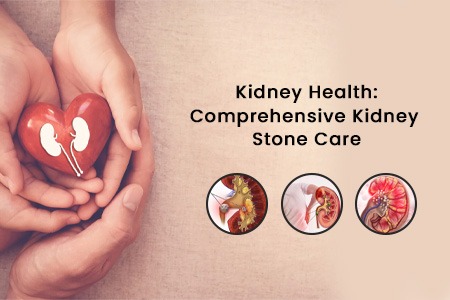 Kidney Health Comprehensive Kidney Stone Care 2024-09-20 by : Prasidh Hospitals
Kidney Health Comprehensive Kidney Stone Care 2024-09-20 by : Prasidh Hospitals
 How Has Varicose Veins Treatment Changed Over the Years? 2024-09-18 by : Prasidh Hospital
How Has Varicose Veins Treatment Changed Over the Years? 2024-09-18 by : Prasidh Hospital
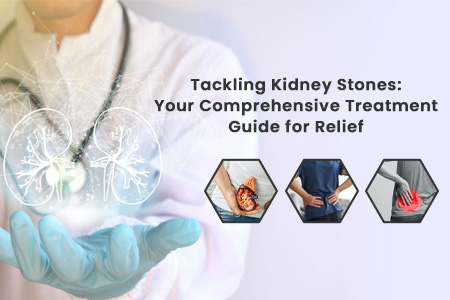 Tackling Kidney Stones Your Comprehensive Treatment Guide for Relief 2024-08-21 by : Prasidh Hospital
Tackling Kidney Stones Your Comprehensive Treatment Guide for Relief 2024-08-21 by : Prasidh Hospital
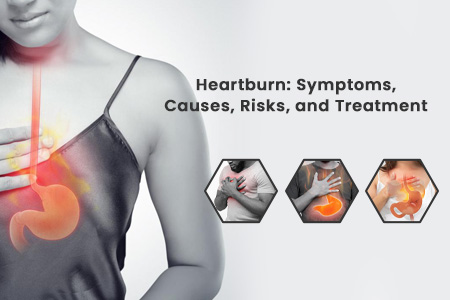 Heartburn Symptoms, Causes, Risks, and Treatment 2024-08-20 by : Prasidh Hospital
Heartburn Symptoms, Causes, Risks, and Treatment 2024-08-20 by : Prasidh Hospital
 Mosquito-Related Diseases Symptoms, Causes, and Preventive Tips 2024-08-16 by : Prasidh Hospital
Mosquito-Related Diseases Symptoms, Causes, and Preventive Tips 2024-08-16 by : Prasidh Hospital
 Understanding ADHD in Children Signs, Symptoms, and Treatment 2024-07-11 by : Prasidh Hospitals -
Understanding ADHD in Children Signs, Symptoms, and Treatment 2024-07-11 by : Prasidh Hospitals -
 Pregnancy Planning Preparing for a Healthy Pregnancy 2024-07-11 by : Prasidh Hospitals -
Pregnancy Planning Preparing for a Healthy Pregnancy 2024-07-11 by : Prasidh Hospitals -
 Understanding High Blood Pressure Causes, Risks, and Management 2024-07-11 by : Prasidh Hospitals -
Understanding High Blood Pressure Causes, Risks, and Management 2024-07-11 by : Prasidh Hospitals -
 Understanding Hormonal Imbalances Causes, Symptoms, and Treatments for a Balanced Life 2024-05-27 by : Prasidh Hospital
Understanding Hormonal Imbalances Causes, Symptoms, and Treatments for a Balanced Life 2024-05-27 by : Prasidh Hospital
 Navigating Orthopaedic Surgery Procedures, Recovery, and Benefits 2024-05-25 by : Prasidh Hospital
Navigating Orthopaedic Surgery Procedures, Recovery, and Benefits 2024-05-25 by : Prasidh Hospital
 Boosting Your Child's Immune System Paediatric Advice for a Healthy Future 2024-05-24 by : Prasidh Hospital
Boosting Your Child's Immune System Paediatric Advice for a Healthy Future 2024-05-24 by : Prasidh Hospital
 Joint Replacement Surgery: What to Expect and How to Prepare 2024-04-12 by : Prasidh Hospital
Joint Replacement Surgery: What to Expect and How to Prepare 2024-04-12 by : Prasidh Hospital
 The Vital Importance of Regular Gynecologist Check-ups for Women's Health 2024-03-06 by : Prasidh Hospital
The Vital Importance of Regular Gynecologist Check-ups for Women's Health 2024-03-06 by : Prasidh Hospital
 The Lifesaving Role of Neonatal Intensive Care Units (NICUs) for Premature Babies 2024-03-07 by : Prasidh Hospital
The Lifesaving Role of Neonatal Intensive Care Units (NICUs) for Premature Babies 2024-03-07 by : Prasidh Hospital
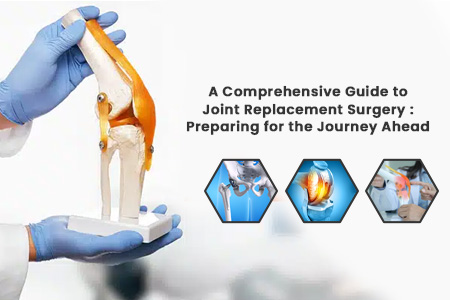 A Comprehensive Guide to Joint Replacement Surgery Preparing for the Journey Ahead 2024-03-04 by : Prasidh Hospital
A Comprehensive Guide to Joint Replacement Surgery Preparing for the Journey Ahead 2024-03-04 by : Prasidh Hospital
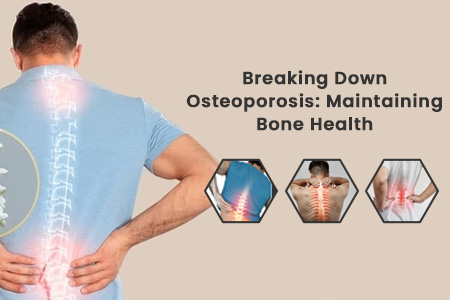 Breaking Down Osteoporosis Maintaining Bone Health 2024-02-16 by : Prasidh Hospital
Breaking Down Osteoporosis Maintaining Bone Health 2024-02-16 by : Prasidh Hospital
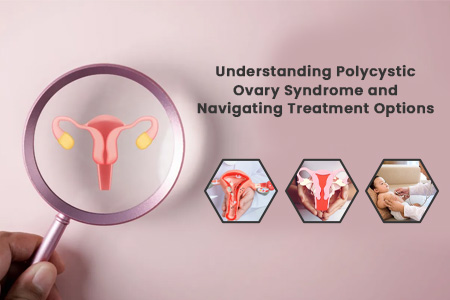 Understanding Polycystic Ovary Syndrome and Navigating Treatment Options 2024-02-16 by : Prasidh Hospital
Understanding Polycystic Ovary Syndrome and Navigating Treatment Options 2024-02-16 by : Prasidh Hospital
 Protecting Precious Lives Neonatal Pneumonia and Promoting Prasidh Hospital's Expert Care 2024-02-09 by : Prasidh Hospital
Protecting Precious Lives Neonatal Pneumonia and Promoting Prasidh Hospital's Expert Care 2024-02-09 by : Prasidh Hospital
 Rediscovering Sound A Journey through Hearing Loss Solutions at Prasidh Hospital 2024-01-29 by : Prasidh Hospital
Rediscovering Sound A Journey through Hearing Loss Solutions at Prasidh Hospital 2024-01-29 by : Prasidh Hospital
 Unveiling Solutions for PCOS Prasidh Hospitals Holistic Approach to Womens Health 2024-01-25 by : Prasidh Hospital
Unveiling Solutions for PCOS Prasidh Hospitals Holistic Approach to Womens Health 2024-01-25 by : Prasidh Hospital
 Challenges of ADHD Prasidh Hospital's Comprehensive Approach to Care 2024-01-24 by : Prasidh Hospital
Challenges of ADHD Prasidh Hospital's Comprehensive Approach to Care 2024-01-24 by : Prasidh Hospital
 Understanding Acid Peptic Disease Symptoms, Causes, and Treatment 2023-12-29 by : Prasidh Hospital
Understanding Acid Peptic Disease Symptoms, Causes, and Treatment 2023-12-29 by : Prasidh Hospital
 Nurturing Healthy Appetites A Guide to Improving Your Child's Eating Habits 2023-12-27 by : Prasidh Hospital
Nurturing Healthy Appetites A Guide to Improving Your Child's Eating Habits 2023-12-27 by : Prasidh Hospital
 Nourishing Pregnancy Foods to Avoid for a Healthy Journey 2023-12-20 by : Prasidh Hospital
Nourishing Pregnancy Foods to Avoid for a Healthy Journey 2023-12-20 by : Prasidh Hospital
 Identify the Symptoms of Allergy and Asthma A Comprehensive Guide 2023-12-13 by : Prasidh Hospital
Identify the Symptoms of Allergy and Asthma A Comprehensive Guide 2023-12-13 by : Prasidh Hospital
 Hyderabad's Solution to Dry Mouth Problems Expert Care 2023-11-28 by : Prasidh Hospital
Hyderabad's Solution to Dry Mouth Problems Expert Care 2023-11-28 by : Prasidh Hospital
 Strengthening Your Foundation: Osteoporosis Safety and Prevention Tips 2023-11-15 by : Prasidh Hospital
Strengthening Your Foundation: Osteoporosis Safety and Prevention Tips 2023-11-15 by : Prasidh Hospital
 Maximizing Your Chances of a Normal Delivery: Tips for a Healthy Pregnancy 2023-11-07 by : Prasidh Hospital
Maximizing Your Chances of a Normal Delivery: Tips for a Healthy Pregnancy 2023-11-07 by : Prasidh Hospital
 Laparoscopic surgery 2023-07-04 by : prasidhhospitals
Laparoscopic surgery 2023-07-04 by : prasidhhospitals
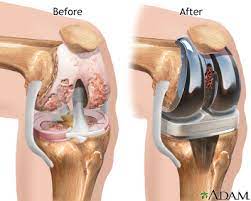 How to Manage Pain Swelling 2022-07-23 by : admin
How to Manage Pain Swelling 2022-07-23 by : admin
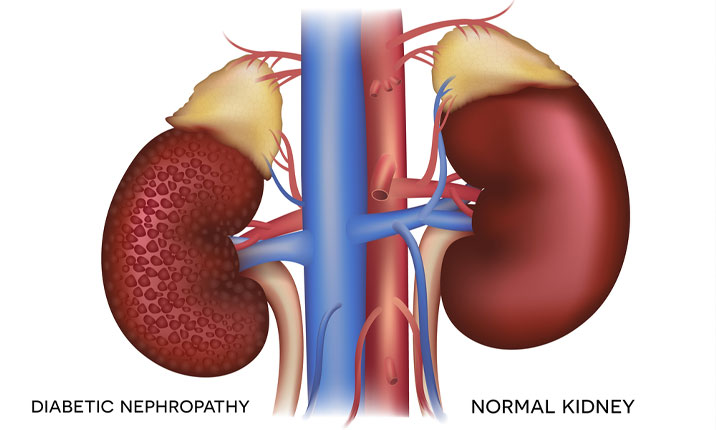 kidney health and diasbetes 2022-07-23 by : Admin
kidney health and diasbetes 2022-07-23 by : Admin
 how to increase the chances of normal delivery? 2022-07-23 by : admin
how to increase the chances of normal delivery? 2022-07-23 by : admin
Copyright © Prasidh rights reserved.